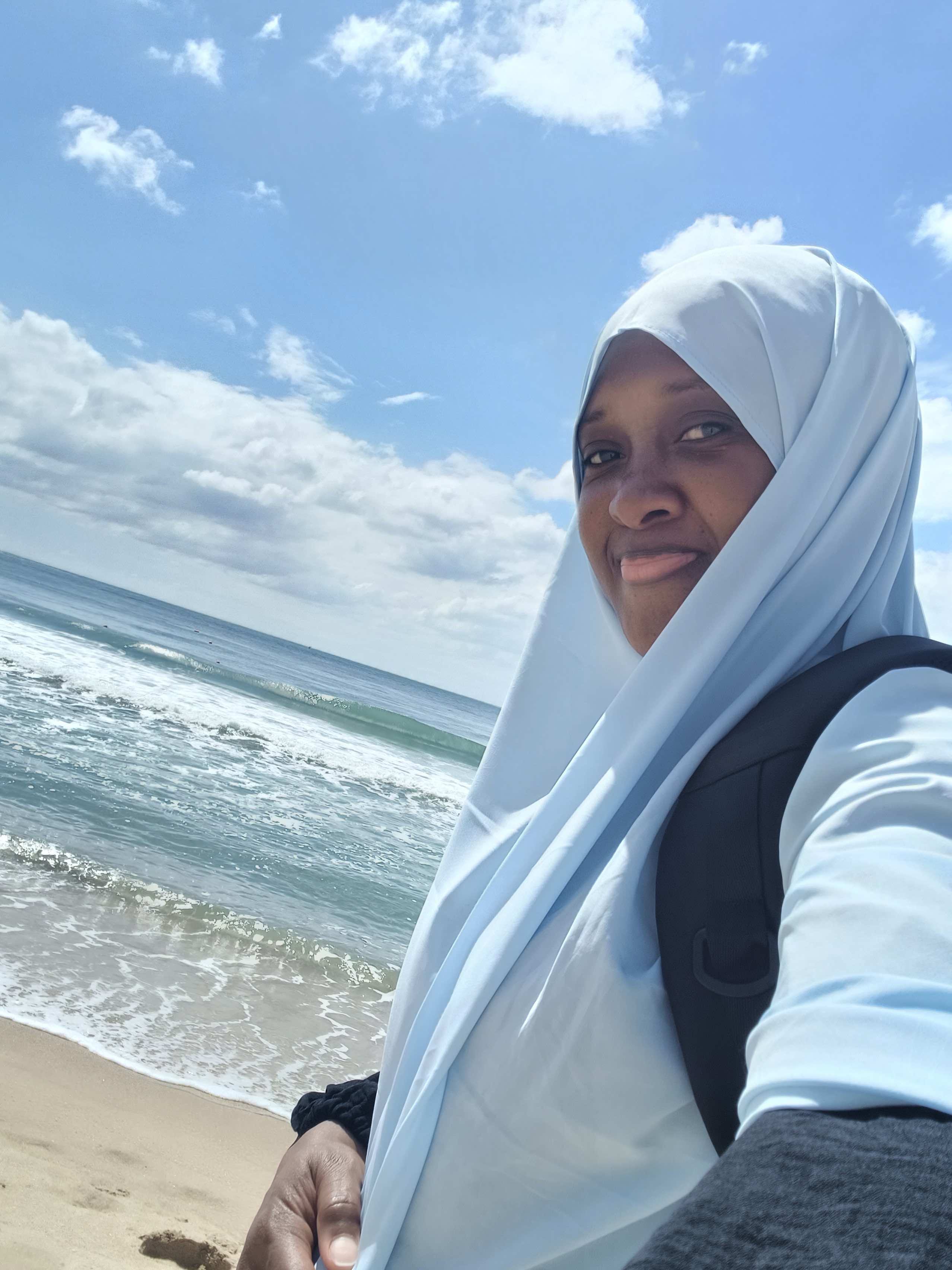
The impact of living organisms, fauna and flora, on built structures of cultural significance is not yet fully understood. Studies in temperate regions show that plants and animals can sometimes damage stone buildings, while in other cases, they might protect or help preserve them. In tropical countries, however, those findings are not yet known - something that scientist Jokotola Omidiji is clearing up.
The Osun-Osogbo Sacred Grove in Nigeria, which is one of the last protected forests in the area, shows the link between cultural traditions and the environment. "Unfortunately," points out Jokotola, "the statutes and structures in the grove are showing signs of damage, like cracks and peeling, highlighting the urgent need for monitoring programs that inform sustainable repairs and protection of structures." Read more about her research here.
"This approach of integrating Digital Earth Africa’s geospatial data with quantitative fieldwork in my research aligns with my broader goal of advancing ecosystem monitoring and sustainable coastal adaptation solutions," says Jokotola.
"By leveraging DE Africa’s tools, I am able to assess complex environmental changes such as shoreline erosion (eg beach and dune erosion along the Lagos Coastline), flooding (mapping floodable spaces in Lagos, Africa’s fastest growing megacity), and mangrove loss (in the Niger Delta region of Nigeria), which are critical for creating innovative, nature-based solutions that strengthen human-nature relationships and inform better policy-making."
She also monitors coastal built heritage sites and assesses shoreline dynamics. Through the utilisation of DE Africa’s open-access geospatial data, particularly for coastal erosion and flooding and inundation mapping, she has been able to integrate high-resolution earth observations into her projects which are run out of the Geography Department at the University of Lagos, Akoka. "This approach of integrating Digital Earth Africa’s geospatial data with quantitative fieldwork in my research aligns with my broader goal of advancing ecosystem monitoring and sustainable coastal adaptation solutions," says Jokotola.
"The ability to utilise DE Africa’s datasets not only enhances the scientific rigor of my work but also supports my career ambition of contributing to the sustainable management of natural systems, particularly coastal ecosystems, for future generations."
Jokotola has a Nigeria Certificate In Education (NCE) in Integrated Science/Biology, BSc & MSc in Geography and Planning, and PhD in Geography (specialising in Coastal Geomorphology). She is an environmental geomorphologist cum heritage and social scientist whose research interests lie at the interface of coastal morphodynamics, environmental management and heritage conservation.
Would you like to be featured as a DE Africa Champion? Submit a use case to the DE Africa Team